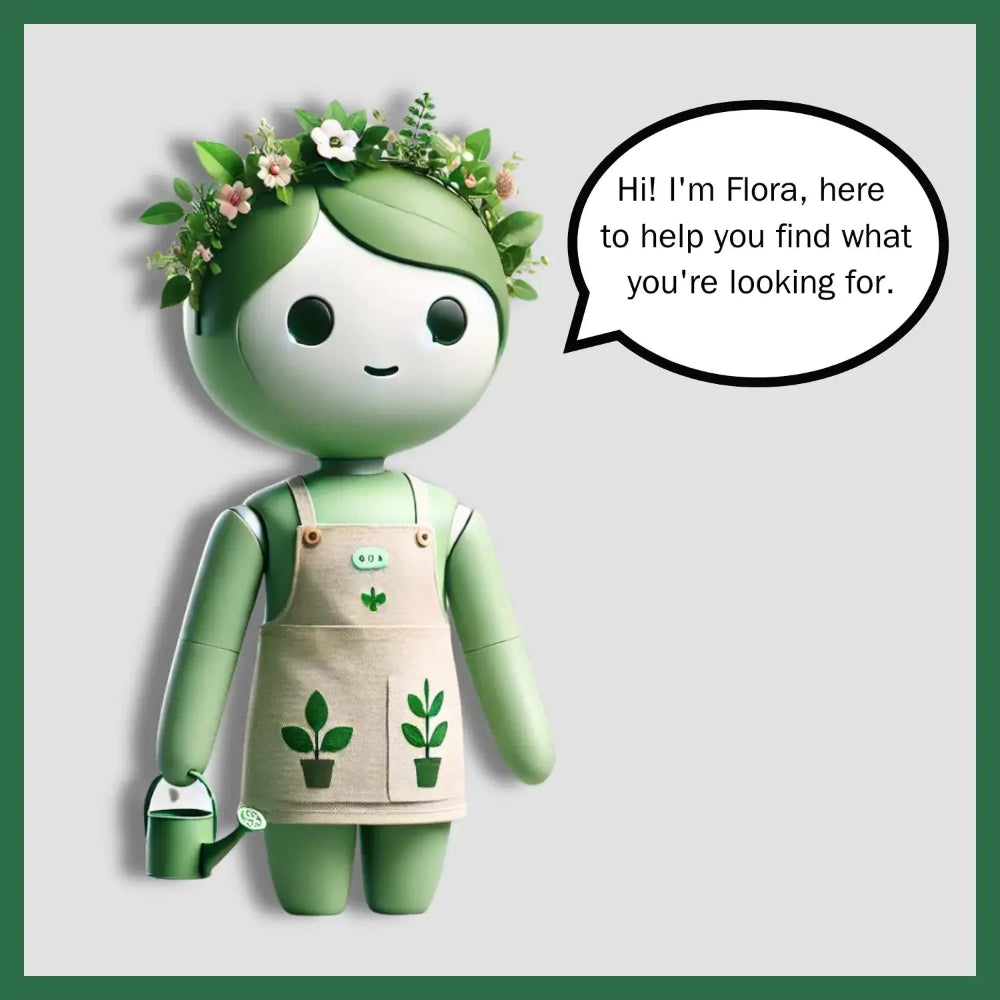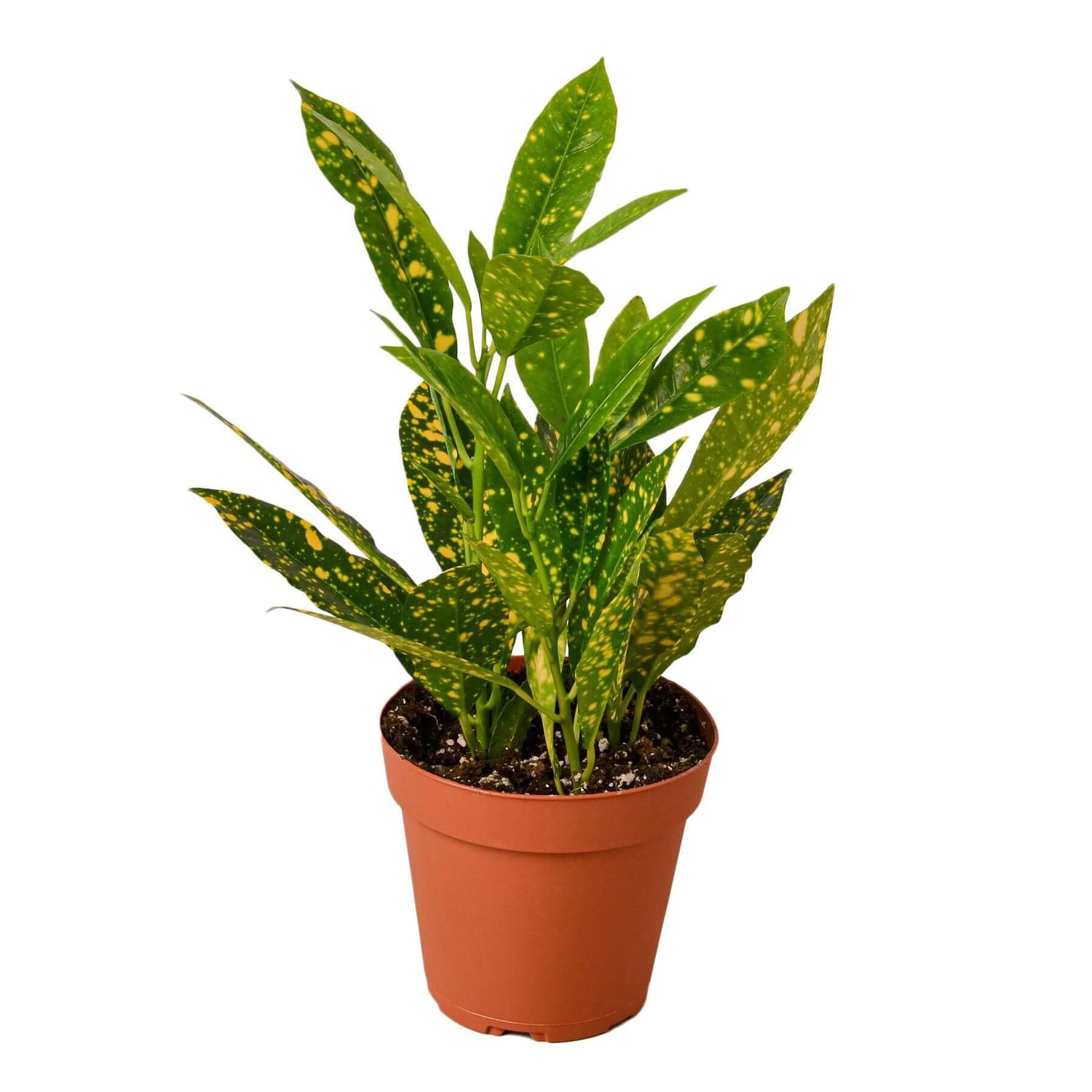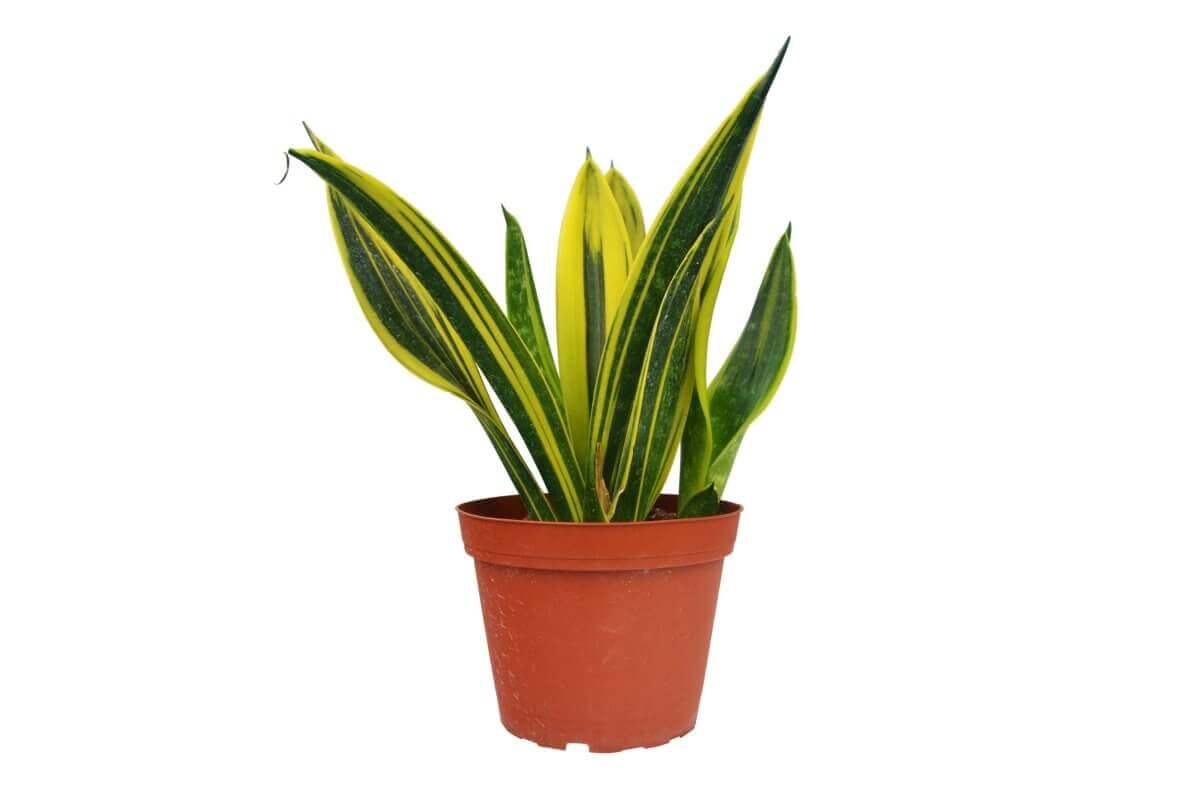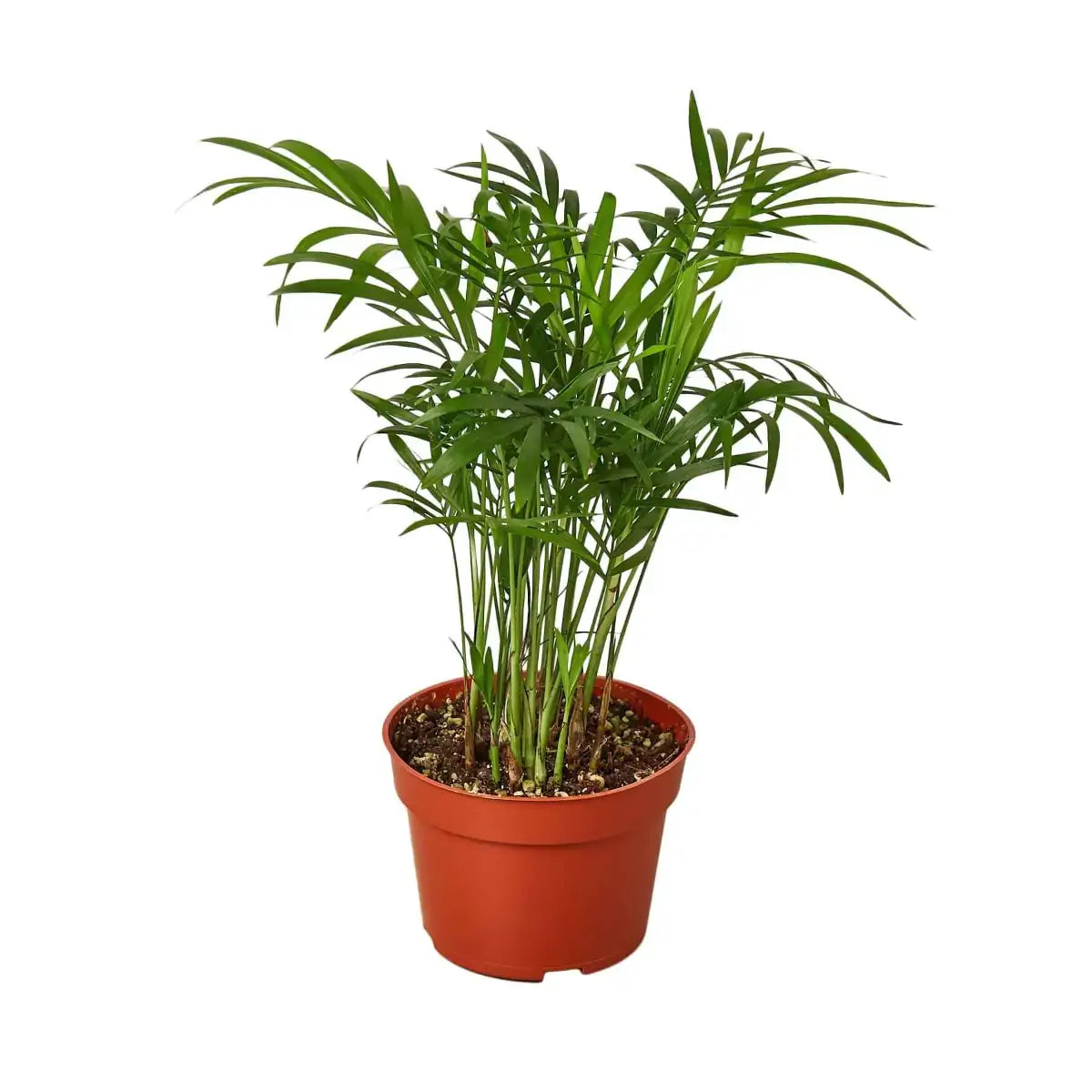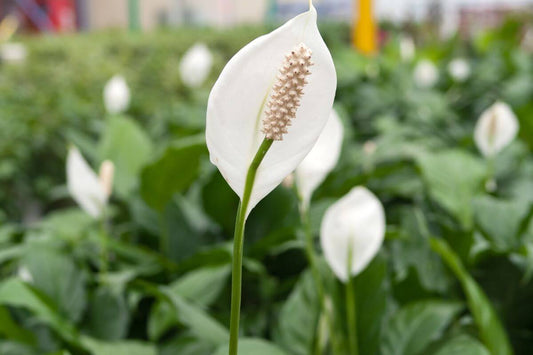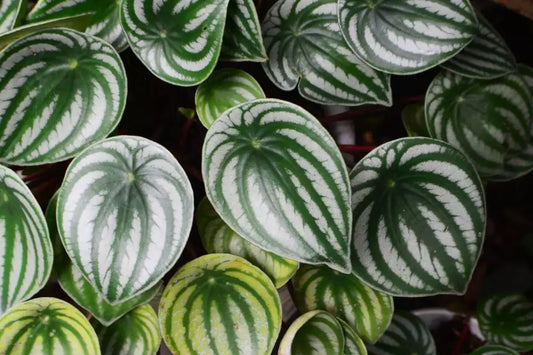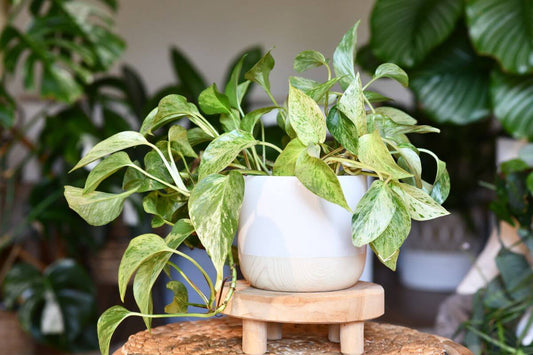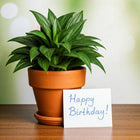Lighting is a crucial factor in the growth and health of your indoor plants. Understanding how different types of light affect your plants can help you create an environment where they can thrive. In this blog, we’ll explore the basics of lighting in your home and introduce you to some plants that do well in low-light conditions.
Why Lighting Matters for Plants
Plants rely on light for photosynthesis, the process by which they convert light energy into chemical energy to fuel their growth. The quality, duration, and intensity of light can significantly impact their development. Natural sunlight is ideal, but it’s not always available in sufficient amounts indoors, especially in apartments or houses with limited windows. That's where understanding the different types of indoor lighting comes in handy.
According to the University of Missouri Extension, light intensity and duration are vital for photosynthesis and overall plant health. They suggest that understanding the light needs of specific plants can help in placing them in the most suitable locations within your home.

Types of Indoor Lighting
-
Natural Light: This is the best type of light for plants. However, it can be inconsistent depending on the time of year and weather conditions.
-
Artificial Light: When natural light is insufficient, artificial lights can help. Fluorescent, LED, and incandescent lights all have different properties. Fluorescent lights are energy-efficient and good for plants that need low to medium light. LEDs are highly efficient and can be tailored to emit specific wavelengths beneficial to plants.
-
Low Light: Areas that receive little to no direct sunlight. While no plant thrives in complete darkness, some can tolerate and even grow in low-light conditions.

Plants That Thrive in Low Light
If your home has limited natural light, consider adding these low-light tolerant plants to your collection:
-
Snake Plant (Sansevieria trifasciata 'Zeylanica')
- Botanical Name: Sansevieria trifasciata 'Zeylanica'
- Description: Known for its upright, sword-like leaves, this plant is extremely resilient and can thrive in low light conditions.
- Water Requirements: Low to moderate
- Temperature Range: 60-75°F (15-24°C)
- Key Characteristics: Easy care, air purifying
- Check it out here!

-
Emina Fern (Nephrolepis exaltata 'Emina')
- Botanical Name: Nephrolepis exaltata 'Emina'
- Description: This fern has a compact growth habit and thrives in shaded areas with indirect light.
- Water Requirements: Moderate, keep the soil moist but not waterlogged
- Temperature Range: 60-75°F (15-24°C)
- Key Characteristics: Pet friendly, lush foliage
- Check it out here!

-
ZZ Plant (Zamioculcas zamiifolia)
- Botanical Name: Zamioculcas zamiifolia
- Description: With its thick, waxy leaves, the ZZ plant is almost indestructible and can survive in very low light.
- Water Requirements: Low, water sparingly
- Temperature Range: 60-75°F (15-24°C)
- Key Characteristics: Drought tolerant, easy care
- Check it out here!

Tips for Optimizing Light for Your Plants
- Placement: Position plants near windows where they can receive indirect sunlight. North-facing windows, for example, generally provide low to moderate indirect light. These spaces are best suited for low-light tolerant plants like snake plants, ZZ plants, and pothos plants. Bright direct sun is hard to come by with north-facing windows.
- Supplementing Light: Use grow lights if natural light is inadequate. Place them a few inches above the plants to mimic the natural sunlight cycle.
- Rotate Plants: Regularly rotate your plants to ensure all sides receive equal light exposure.

Lighting is a critical aspect of indoor gardening that directly affects your plants' health and growth. By understanding the types of lighting and choosing plants that match your home's light conditions, you can create a thriving indoor garden. Remember to regularly assess your plants’ light needs and adjust their placement or lighting sources as necessary. Happy planting!
Related Articles:
- Top Indoor Plants for Bedroom Oxygen: Enhance Your Sleep Environment
- Top 10 Low Maintenance Houseplants for Busy People
- Bringing Life to Dark Corners: The Best 8 Low Light Indoor Plants


